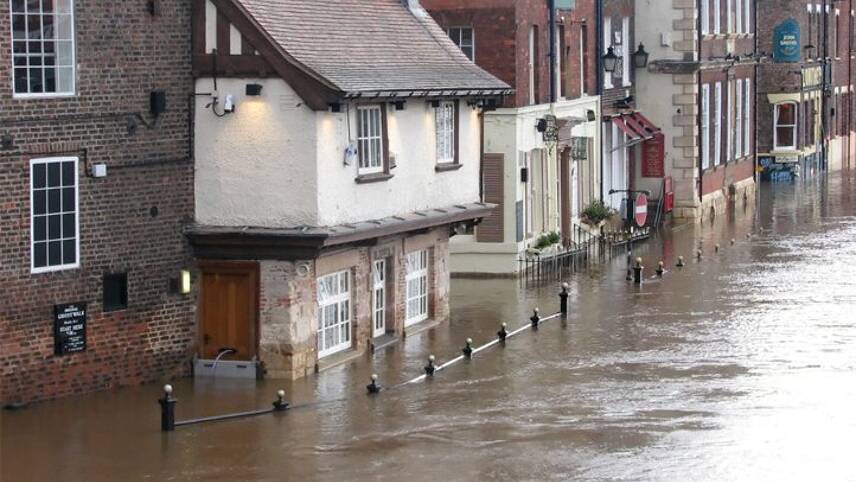Register for free and continue reading
Join our growing army of changemakers and get unlimited access to our premium content

In the wake of Covid-19
The survey was conducted by the Chartered Institute of Internal Auditors (Chartered IIA) and The Climate Group. It polled chief audit executives at 67 FTSE-100 firms and 55 other large businesses on their approach to preparing for climate change.
While more than two-thirds of the respondents said climate change will present risk to their business in the short to medium-term, 52% revealed that they have done either little or no work so far to prevent climate-related risks.
The CIIA believes that there is a tendency among the private sector to conceptualize climate change – and the related physical, transition-related and reputational risks – as a future problem which does not require extensive planning at present.
It also found, through the survey, that many businesses feel they are not receiving adequate policy support for measuring, disclosing and minimizing climate-related risks. Two-thirds of respondents said they want to Government to introduce further requirements in this space and eight in ten would welcome a universally agreed framework to report climate-related information.
The UK Government has said it will mandate TCFD-aligned disclosures for certain large organisations within three years, under its Green Finance Strategy. Its finance strategy for COP26 includes plans to help businesses prepare for disclosure, alongside warning that stricter requirements on which organisations are required to disclose could come soon. But with the conference delayed by a full year, these resources have not yet been publicly launched.
As with the Chartered IIA’s research, the TCFD’s latest annual status report revealed a gap between talk and action on disclosure. Reporting quality has increased by an average of just 6% since 2017, the report states, with most supporting organisations falling short on scenario analysis in particular.
“We would urge industry to get to grips with what is coming down the track by building up knowledge and understanding of climate risks and opportunities now – rather than wait around for Government to act,” Chartered IIA’s chief executive John Wood said.
“Climate change is already visibly causing damage to infrastructure and assets, threatening businesses’ reputations, and introducing a whole new level of regulatory and compliance risks that will increasingly test our resilience.”
Earlier this year, separate research from Cervest found that three-quarters of UK businesses are concerned about climate-related risks, just one in ten consider measuring and disclosing their climate-related risks a priority.
New priorities
In related news, ENGIE Impact has also published the results of a major survey on corporate sustainability this week. The body polled executives at 200 firms globally – each of which record more than $1bn of annual revenue – on their approach.
Less than half (45%) of the respondents said that environmental sustainability is a top or high priority at present, with three-quarters saying that it will only move up the agenda in five years’ time.
And, while most respondents said that executing an ambitious sustainability strategy will provide a competitive advantage in the late 2020s, only three in ten believe their firm’s initiatives to date have been successful. These findings chime well with those of the Chartered IIA.
“Companies that have seen early success in their sustainability initiatives have invested in a stronger understanding of risk and opportunity, which in turn has driven immediate action,” ENGIE Impact’s chief executive Mathias Lelièvre said.
“Those that have invested more in the tools to identify and quantify opportunities have moved quicker, as, armed with data, it becomes clearer that action cannot wait. Those companies that are lagging behind are advised to accelerate their sustainability efforts and learn from the companies that are successfully transforming already. Otherwise, they could be left behind.”
Sarah George


Please login or Register to leave a comment.